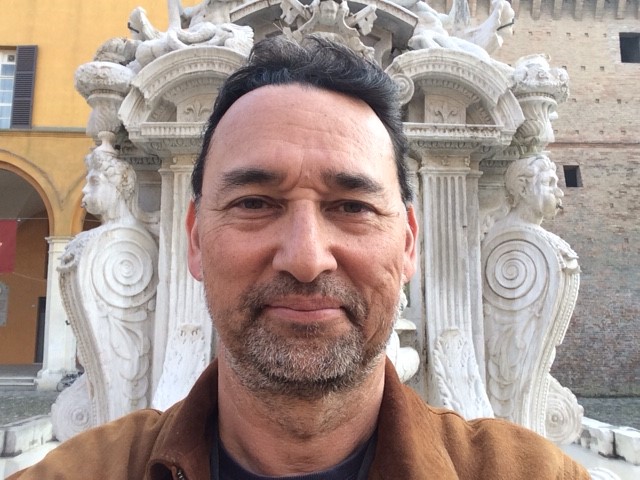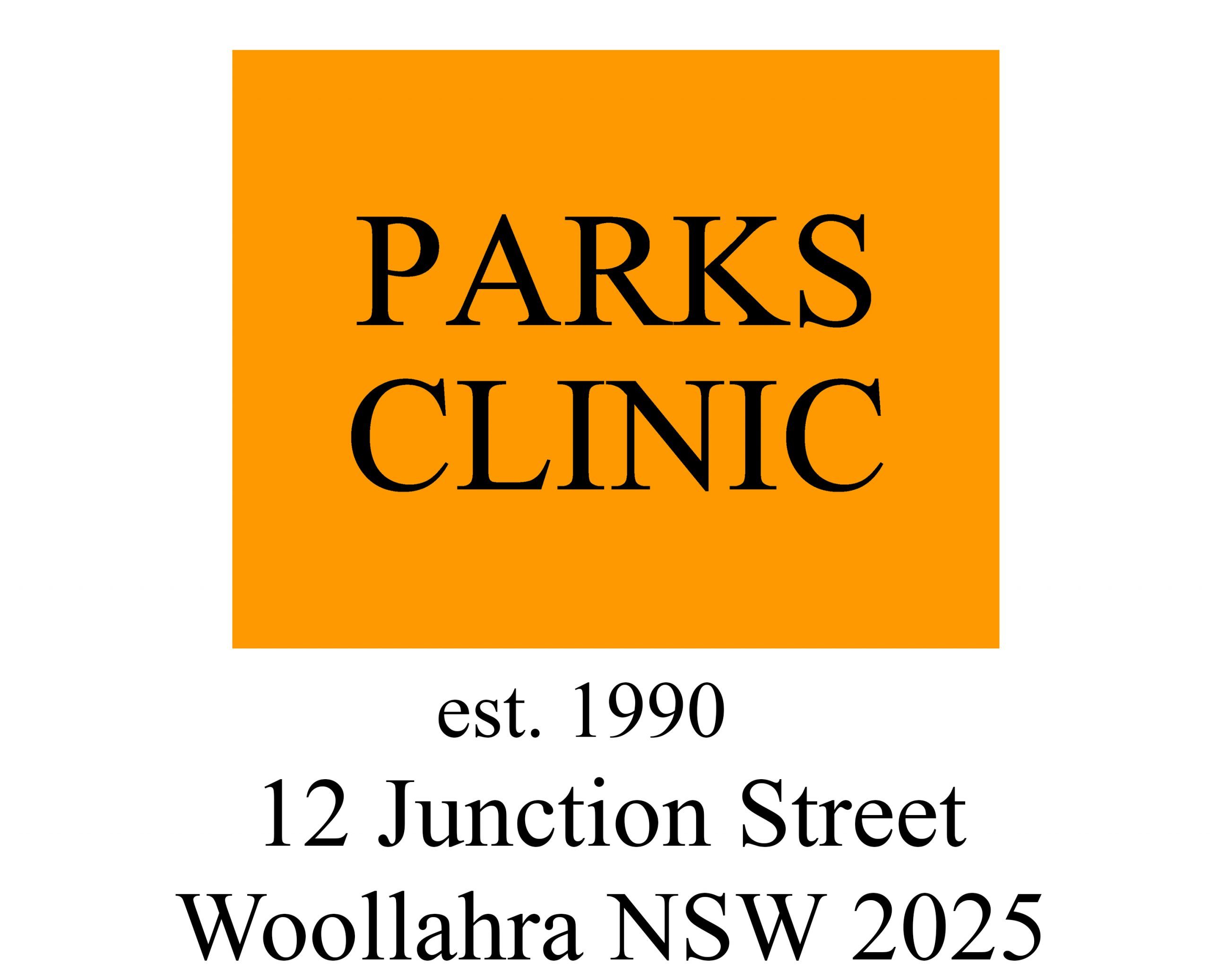 Clinical Psychologist
Clinical Psychologist
MClinPsych Macq, PhD Syd
Dr Luiker has forty-three years’ experience as a clinical psychologist, working with individual adults, adolescents and children, as well as families and other groups. He has an interest in the interaction between individual and group dynamics, including family relationships.
From 1990 to 2000, with colleagues from the Royal North Shore Hospital and the University of Sydney, he led research into the intensive psychological treatment of severely emotionally and behaviorally disturbed children and adolescents. The major sponsor was a Research and Development Grant (RADGAC) from the Commonwealth Department of Human Services and Health under the National Mental Health Strategy. The purpose of the research program was to answer the question: what can we find out about the factors that determine whether treatment is successful or unsuccessful? This was an interesting and controversial decade when, unexpected at the commencement of data collection, “traditional” psychodynamic milieu therapy was superseded by more cognitive and individualistic approaches, what at that time was called “empirically validated” treatment. This allowed a “natural experiment”. The results showed, ironically, much better treatment outcomes at the tail-end of the psychodynamic milieu therapy era than during the “empirically validated” treatment era that followed.
From 1990, at Parks Clinic, he specialized in Intensive Short-Term Dynamic Psychotherapy and Dual-Focus Family Therapy. He has presented his work at conferences and workshops in Sydney, Melbourne, Christchurch, Seattle, Bologna, Montreal, Halifax (Canada) and Boston.
He retired from clinical practice at the end of 2023 to focus on writing.
Following the response to his research on psychodynamic milieu therapy, and the narcissistic injury he suffered from the interest of colleagues only in whether “their” team” was winning rather than the laboriously and (fabulously) expensively collected data and its (fabulous) analysis, his scientific interests turned to group identification and emotional factors of practitioners in the fields of medicine and psychotherapy. After a series of three papers in the journal group analysis, the fourth paper, on Bion’s group theory, was rejected. This paper was then rejected by The International Journal of Psychoanalysis, and American Imago. Rapidly running out of journals with a readership possibly interested in early Bion, he was led to think, perhaps foolishly, that he might be onto something.
